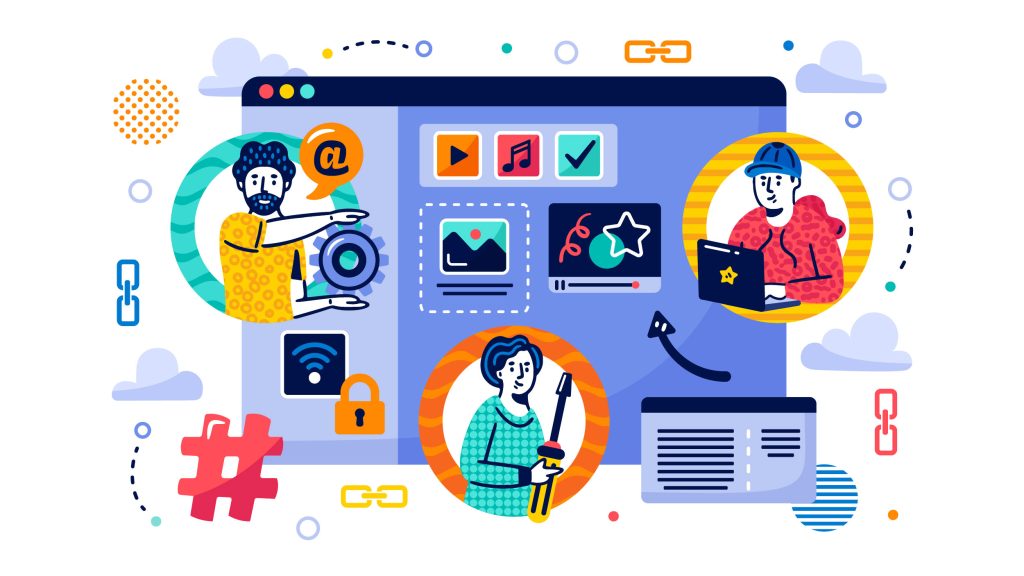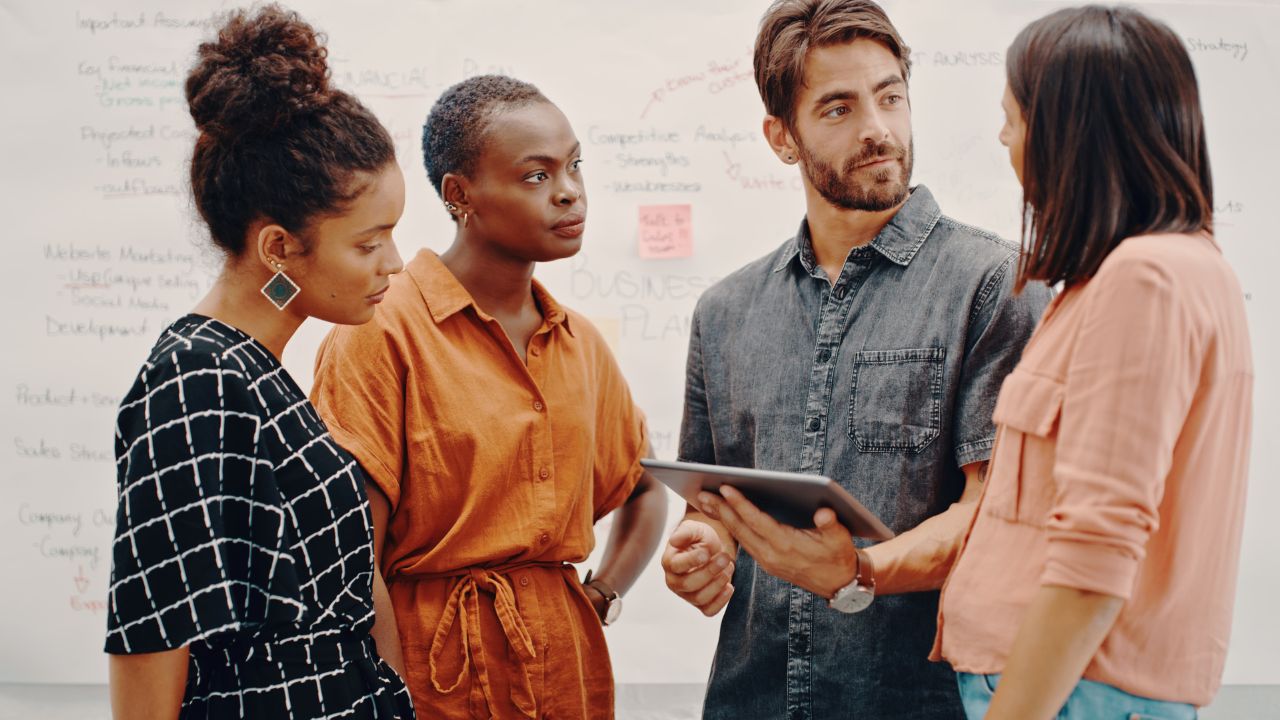Emergence and Power of Social Media in Politics
As we surf into the digital realm, the role of social media in shaping political opinions cannot be overshadowed. This phenomenon showcases the profound impact of social media platforms like Facebook, Twitter, and Instagram on public opinion and overall political discourse.
The introduction and rise of social media platforms have democratized access to political information. According to Pew Research Center, a significant percentage of adults use social media sites to access news. Thus, it’s clear that the role of social media extends beyond being mere communication tools.
These platforms offer fresh opportunities for the creation of digital spaces wherein individuals, politicians, and groups can communicate and interact freely regarding political issues. Social media can effectively reshape the political landscape by providing avenues for engagement and mobilization. Unfortunately, social media also presents substantial challenges, including the spread of misinformation and the creation of echo chambers.
Reshaping Political Landscape with Social Media: Opportunities and Challenges
Social media platforms have been game changers in the political sphere, showing the potential of social media for mobilization, rallying, fundraising, and voter turnout. Politicians are increasingly using social media to connect with their constituency, disseminate their agenda, and engage with the masses in ways previously unthinkable. However, social media’s reach has also brought issues such as the spread of false information.
While social media lets politicians communicate directly with citizens, it also enables the irresponsible dissemination of false stories. A report from the Pew Research Center suggests that fake news tends to spread faster and wider on social media platforms than real news. Consequently, these platforms also act as echo chambers, where fake news is amplified and reinforced, misleading social media users and distorting public opinion on socio-political matters.
Misinformation Spread and Polarisation: Negative Impacts of Social Media
The spread of misinformation has become a pressing concern in the public discourse heavily influenced by the use of social media. False news and information can circulate swiftly, causing real world harm. In recent years, the inflame political debates and manipulate the opinions of social media users.
On the other hand, however, social media platforms can facilitate robust public discourse, increase awareness about socio-political issues, and serve as an effective tool for organizing and mobilizing citizens. On the flip side, traditional media may not have the capability or the reach to rapidly disseminate information, especially among younger demographics. Algorithms designed to keep users engaged can lead to the formation of “echo chambers”, where users are not exposed to differing views, further polarising the political landscape.
Strategies for Enhancing Positive Political Engagement on Social Media
Fact-checking and Media Literacy: Tools to Combat Misinformation
Controlling the spread of misinformation is crucial in enabling healthy political discourse through the use of social media. Effective tools to combat misinformation include fact-checking, which can be institutionalized on social media platforms to highlight, and potentially flag, misleading or false posts. Another critical instrument is promoting media literacy among social media users. Building understanding of the media landscape and recognizing false news can be useful in elevating public discourse.
Enhancing Civic Engagement Through Respectful Dialogue on Digital Platforms
Promoting respectful dialogues on digital platforms is an effective method for enhancing civic engagement, which is an essential component of a thriving democracy. Platforms such as Facebook and Twitter can be harnessed to foster conversations on political issues, encouraging diverse perspectives. This respectful dialogue creates digital spaces that foster constructive debates and promote tolerance of varied views, contributing to the democratic process.

Social Media: A Double-Edged Sword in Political Discourse
Social Media and Democracy: Contrasting Views Across the Globe
Although social media has changed the way political discourse is conducted, opinions about their benefits and drawbacks vary globally. Some countries view these platforms as agents that can either manipulate and divide societies or as tools to improve information dissemination and increase awareness on socio-political issues. Pew Research Center reports varying views about the role of social media in the democratic process, demonstrating the diversity in perspectives.
The Role of Social Media in Propagating Propaganda
News media agencies and politicians could use social media platforms to propagate propaganda that influences public opinion. Political propaganda, often disguised as legitimate news or information, aims to manipulate public opinion often by using emotive or misleading content. The potential of social media to reach millions gives enormous power to such propaganda, making it a significant concern in contemporary politics.
Analyzing User Perspectives on the Impact of Social Media on Democracy
Age Gap in Perceptions and Usage of Social Media
The perceptions and usage of social media vary significantly across age groups. Evidence from the Pew Research Center suggests that younger generations are more likely to use social media for political information and are also more likely to be exposed to diverse viewpoints. In contrast, older generations rely on traditional media sources for news and are less likely to be exposed to diverse political opinions on social media.
Social Media: An Agent of Manipulation and Division or a Tool for Information and Awareness?
To what extent is social media a tool for political manipulation and division, and to what extent is it a tool for information and awareness? As the research center findings suggest, the answer relies heavily on the user’s social media literacies, political affiliacies, and individual predilections.
In essence, the impact of social media on political discourse and public opinion wields a double-edged sword. It can serve as a powerful medium for civic engagement and political mobilization, and it can also be used as an instrument for misinformation, echoing harmful narratives, and creating political polarization. To minimize the negative impacts and enhance the positives, digital media literacy, responsible use, and tighter regulation are essential.










